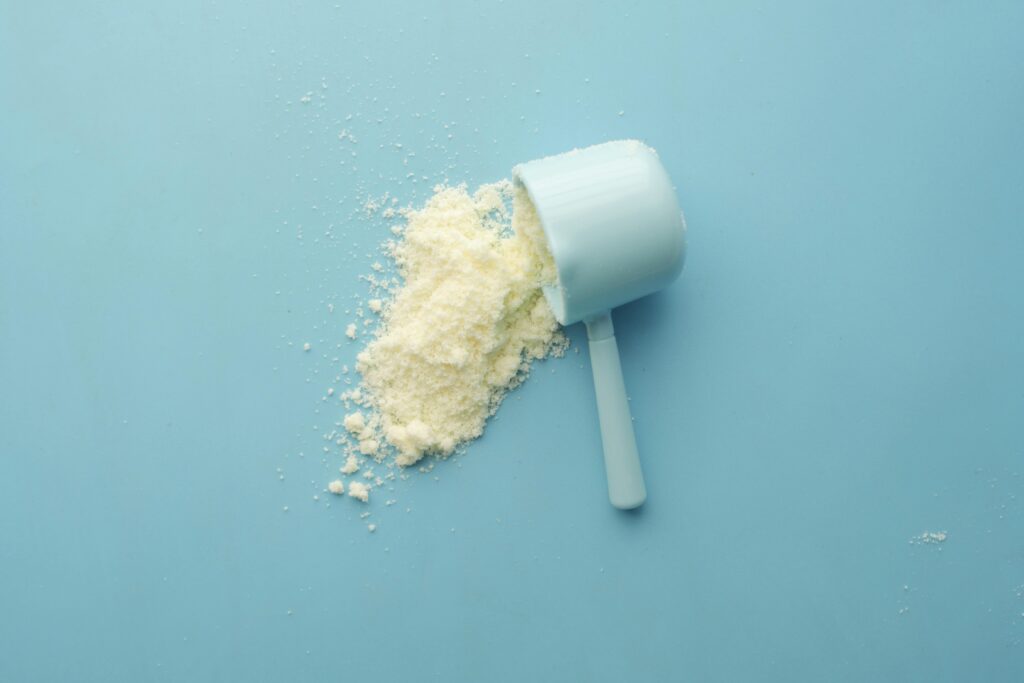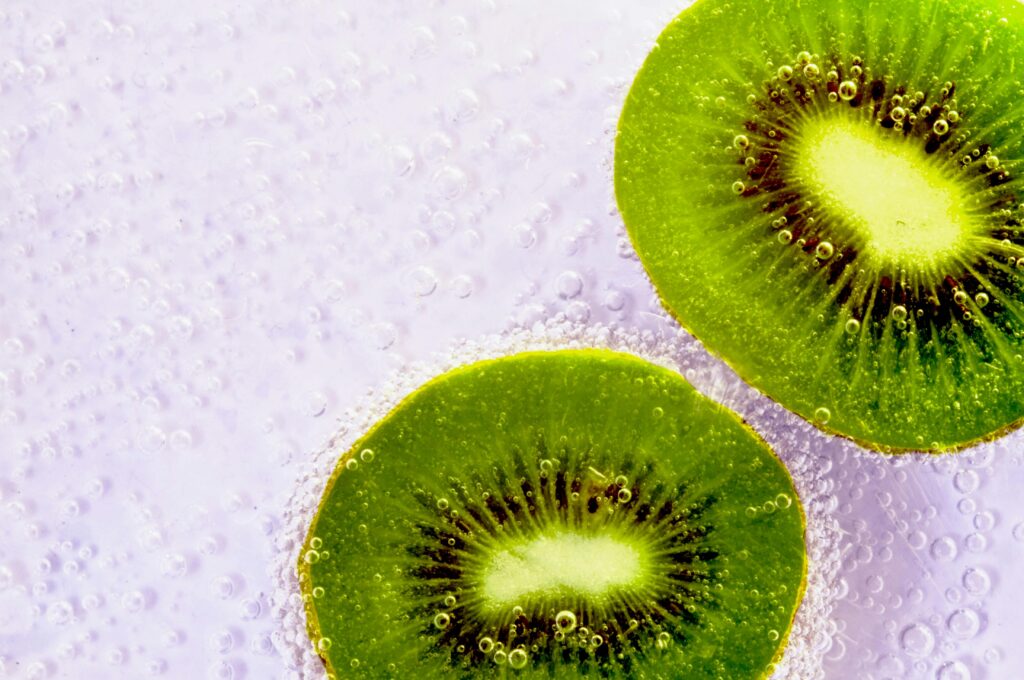In the realm of managing Irritable Bowel Syndrome (IBS) and maintaining a healthy gut, the role of diet cannot be overstated. As an IBS & FODMAP dietitian (fermentable oligosaccharides, disaccharides, monosaccharides, and polyols), I’m often asked about the most beneficial foods for individuals dealing with digestive issues. However, one of the most significant findings in recent gut microbiota studies emphasises the importance of dietary diversity. It turns out that people who consume a wide array of plant-based foods tend to host a more diverse population of gut microbes. Whilst we don’t know what the perfect gut microbiome looks like, we know that the more diverse populations of microbes the better.
Our gut microbiome, composed of trillions of microorganisms, responds dynamically to our dietary choices. Restricting our diet or consuming processed foods that are high in refined sugars and fats while lacking in fibre can diminish the diversity of our gut microbes. On the flip side, embracing a diet rich in fruits, vegetables, whole grains, nuts, seeds, and healthy fats nourishes our bacterial populations, promoting a healthier gut environment.
While diversity is paramount, let’s delve into seven specific foods that stand out in promoting gut health and soothing IBS symptoms:
Kiwi Fruit
Green kiwi fruit, in particular, has been extensively studied for its potential benefits in alleviating constipation. They are fibre-rich and contain an enzyme called actinidin, which aids in gastric emptying. Research shows that regular consumption of green kiwi fruit can lead to a significant reduction in laxative use and an increase in bowel movements.
Blueberries
These little blue gems are not only delicious but extremely low in FODMAPs and packed with antioxidants. Antioxidants help combat inflammation and oxidative stress in the body.
Canned Red Kidney Beans
Recent retesting has revealed that red kidney beans, when consumed in a serving size of 85g or less, are low in FODMAPs. They are a fantastic source of plant-based protein and high in fibre, which aids in digestive regularity. Additionally, their affordability and shelf stability make them a convenient pantry staple.
Green Bananas
Unlike their ripe counterparts, green (or less ripe) bananas are low in FODMAPs and rich in resistant starch and pectin. These types of fibre act as fuel for beneficial gut bacteria, promoting their growth and diversity. Resistant starch and pectin also contribute to the production of short-chain fatty acids like butyrate, which supports gut health.
Extra Virgin Olive Oil
Renowned for its health-promoting properties, extra virgin olive oil is a cornerstone of the Mediterranean diet. Unlike refined oils, extra virgin olive oil (EVOO) retains its natural antioxidants and predominantly contains monounsaturated fats. Look for high-quality brands like Cobram Estate, offering Monash University Low FODMAP certified™ options, such as their garlic-infused variety.
Whole Grains (I can’t pick just one!)
Incorporating whole grains like oats, quinoa, and brown rice into your diet provides essential nutrients including B vitamins and dietary fibre. These grains support digestive health by promoting regular bowel movements and fostering a diverse gut microbiome.
Peppermint Tea
Compounds found in peppermint relax the muscles of the digestive tract, offering relief from symptoms such as bloating, gas, and abdominal cramps. Studies have shown that peppermint oil capsules can significantly reduce IBS symptoms, and peppermint tea provides a convenient and accessible way to incorporate this herb into your daily routine.
Incorporating these seven foods into your diet can help support gut health and manage symptoms associated with IBS. Remember, individual tolerances may vary, so it’s essential to listen to your body and work with a qualified healthcare professional or dietitian to tailor your diet to your specific needs. By prioritising diverse, nutrient-rich foods, you can nourish your gut microbiome and pave the way for improved digestive health and overall wellness.
Cobram Estate has partnered with Chelsea McCallum, an Accredited Practising Dietitian that works exclusively with clients that have IBS and similar GI conditions.










